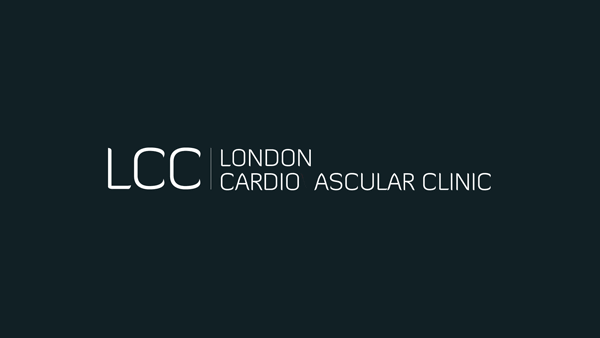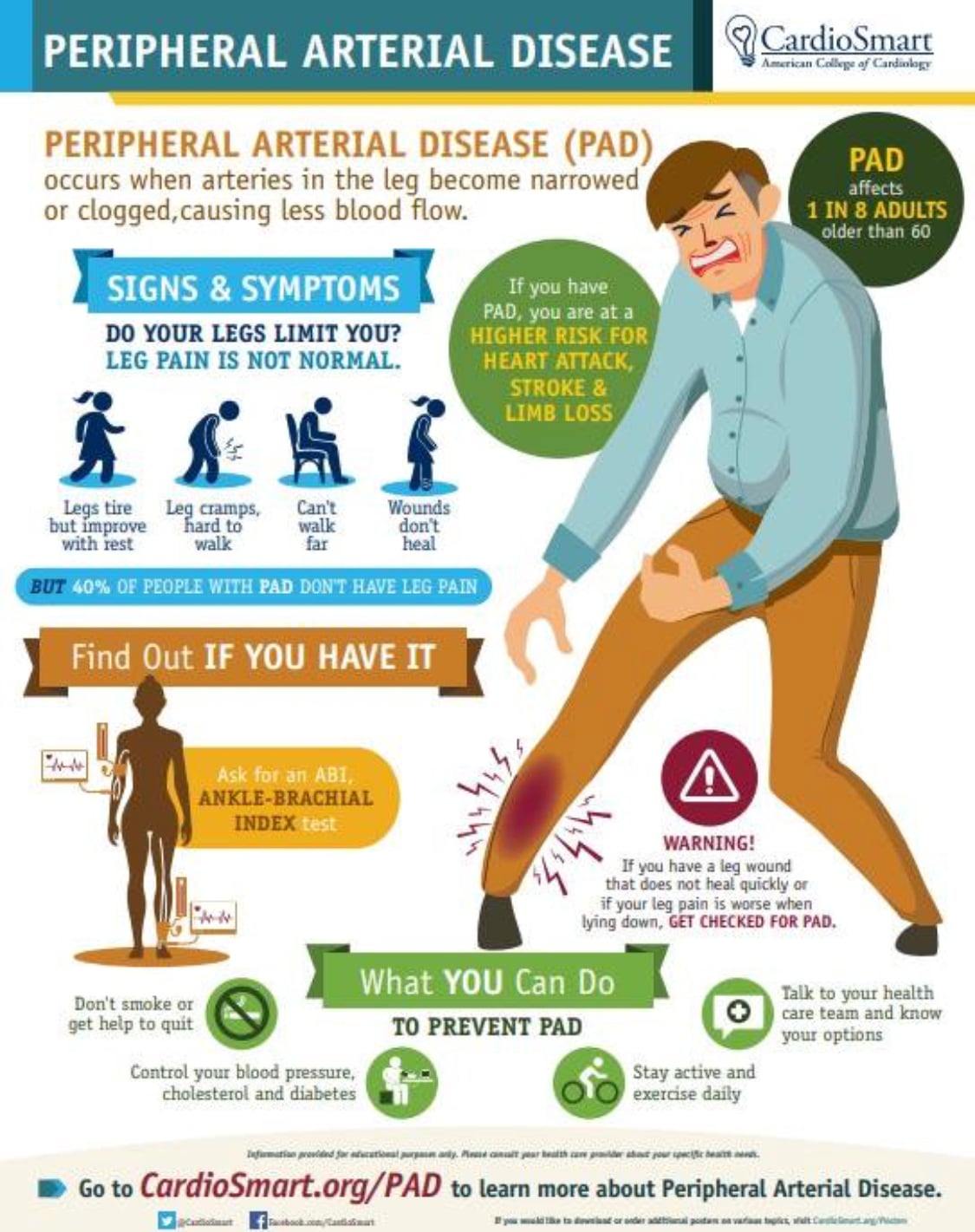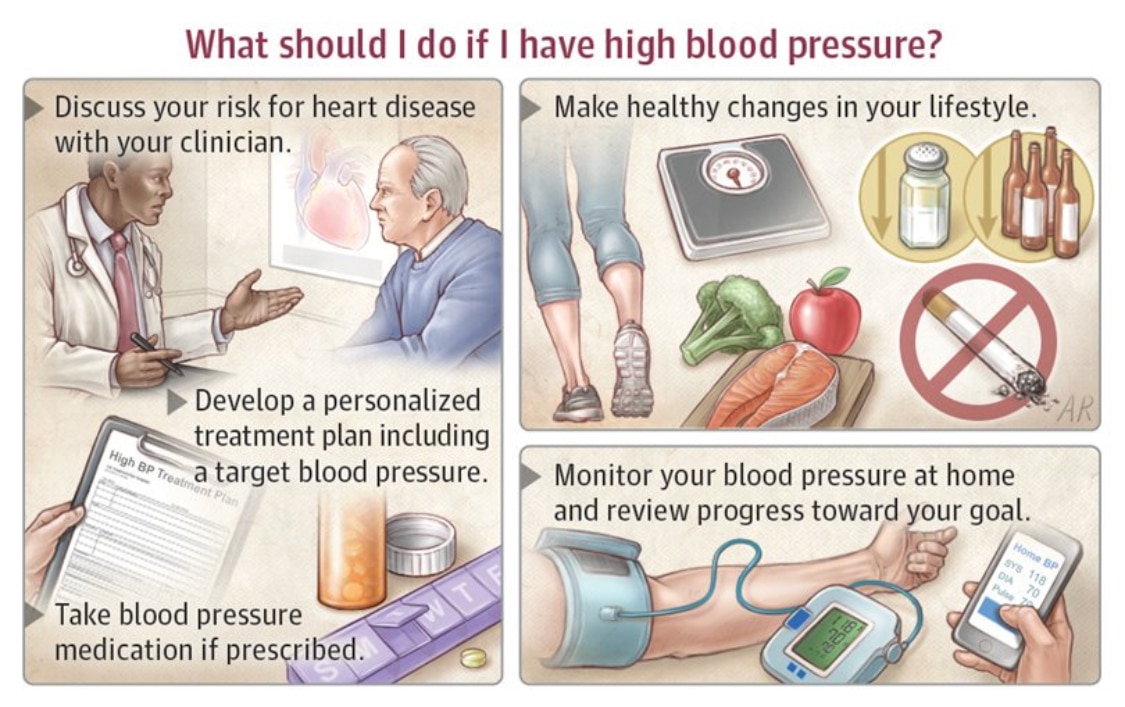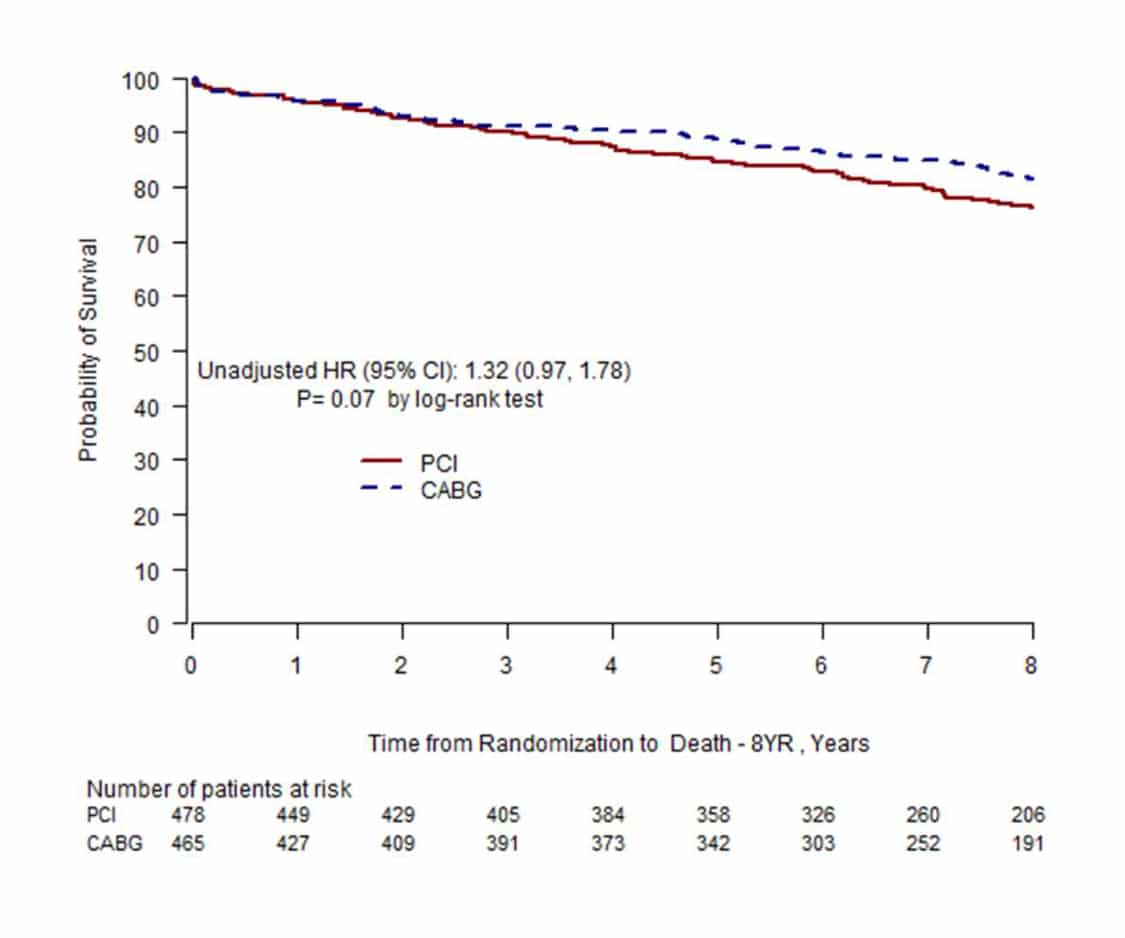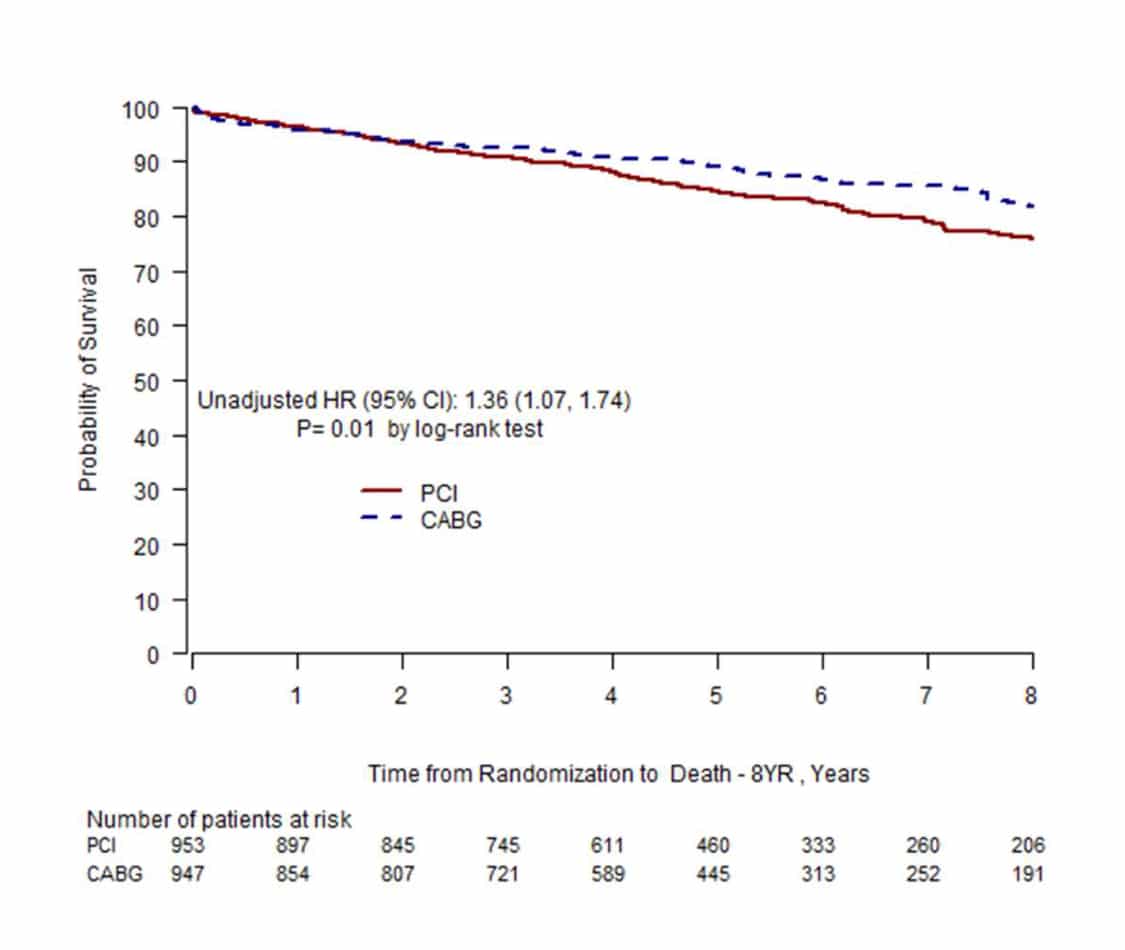
Archive for 2018
Dr Malik: Is mountain climbing dangerous?
Dr Malik: Watch out of narrowing in your leg arteries [PAD]
Dr Malik: What to do about High Blood Pressure
Dr Malik: FREEDOM 8 year follow-up
Dr Malik reports:
I was involved in the CARDia trial of angioplasty (PCI) versus surgery ( CABG). FREEDOM was a larger trial that reported a few years ago confirming the benefit of CABG.
I thought you would want to know the 8 year follow up presented at the AGA meeting recently in October 2018.
If you look at all 1900 then CABG wins. If you look at the 950 that were followed up for a full 8 yrs, CABG very nearly wins- the stats are weaker as the groups are smaller. The trend is the same.
So a diabetic patient with complex coronary artery disease lives longer with CABG than with 1st generation drug eluting stents. We are on 3rd generation stents now, but CABG is still king in such patients unless a new trial shows otherwise.
Surgery is not dead, but alive and kicking, as are the diabetic patients!
